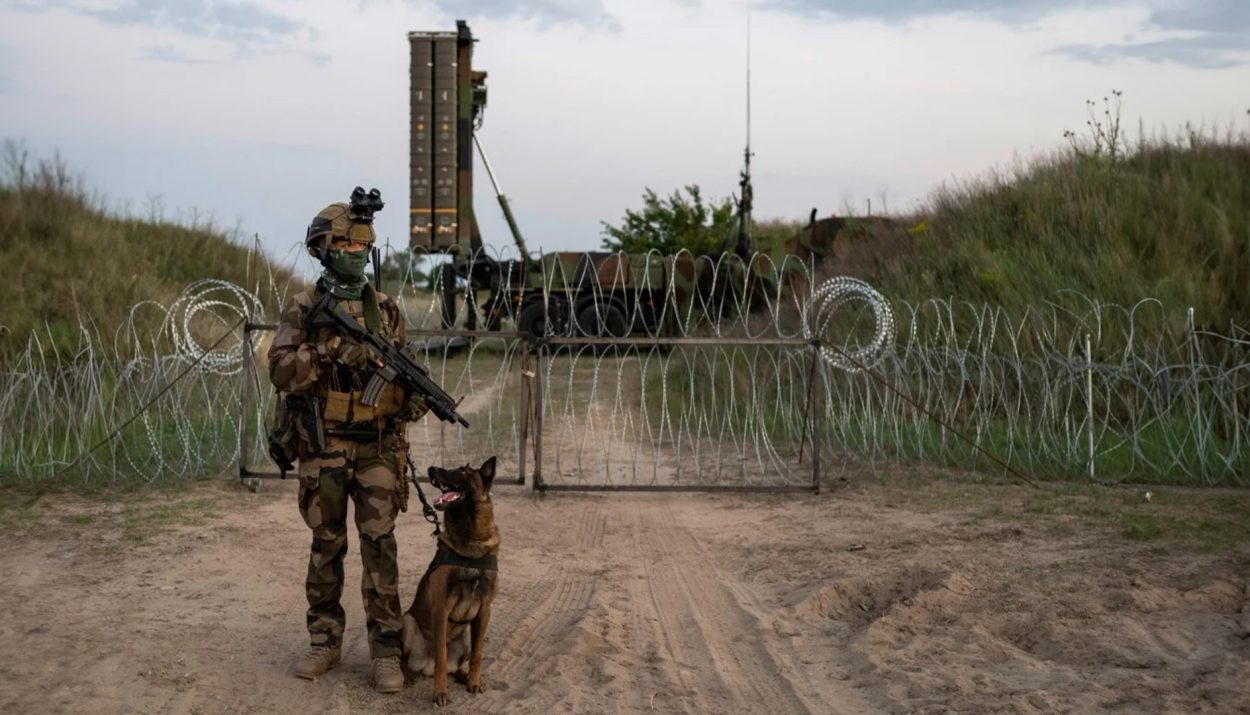In a shocking turn of events, Italy’s decision to withdraw its air defense system from Slovakia has left the nation’s Prime Minister, Robert Fico, outraged. As an EU-NATO leader known for his sympathy towards Russian President Vladimir Putin, Fico now faces the challenge of protecting his country’s strategic assets without the crucial SAMP/T platform.
Fico Accuses Slovakian President of “Servility to Foreign Interests”
Prime Minister Robert Fico took to Facebook to express his anger over Italy’s decision to remove the SAMP/T air-defense system from Slovakia. He accused President Zuzana Caputova of prioritizing foreign interests over the safety of their nation, claiming that the withdrawal would leave Slovakia unable to protect its nuclear power plants and other strategic goals.
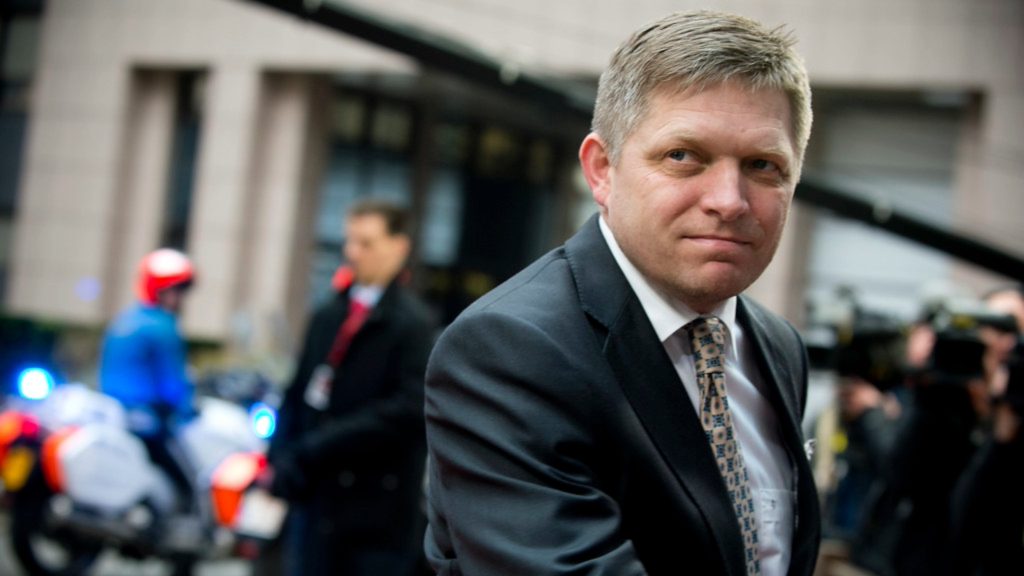
The French-made SAMP/T system was deployed to Slovakia in March 2023, becoming operational the following month. Its primary purpose was to protect strategic sites against missiles and drones, especially after Bratislava donated its Soviet-designed S-300 air defense system to Ukraine. The U.S. Patriot system briefly filled the gap between the S-300’s departure and the SAMP/T’s arrival.
Italy Claims SAMP/T Withdrawal Was Always Part of the Plan
According to an Italian Defense Ministry spokesperson, the 12-month SAMP/T deployment in Slovakia was always intended to be a temporary measure. The system, described as having a “defensive nature” and ensuring “deterrence against potential threats,” was scheduled to end next month. However, the spokesperson did not clarify why the system was needed elsewhere.

The SAMP/T boasts impressive capabilities, engaging targets up to 65 miles away and at altitudes of around 15 miles. It can intercept ballistic missiles at distances of approximately 22 miles and altitudes of 15 miles. A French-Italian system sent to Ukraine has been in action since 2023, with Rome recently ordering four more platforms.
Slovakia Left Defenseless as Italy Withdraws SAMP/T
With Italy’s decision to withdraw the SAMP/T, Slovakia finds itself in a precarious position. The nation had previously transferred all 13 of its Soviet-era MiG-29 fighter jets to Ukraine, leaving it with no air defense systems or military aviation. Defense Minister Robert Kalinak described the situation as “precarious” and emphasized the need for a solution.
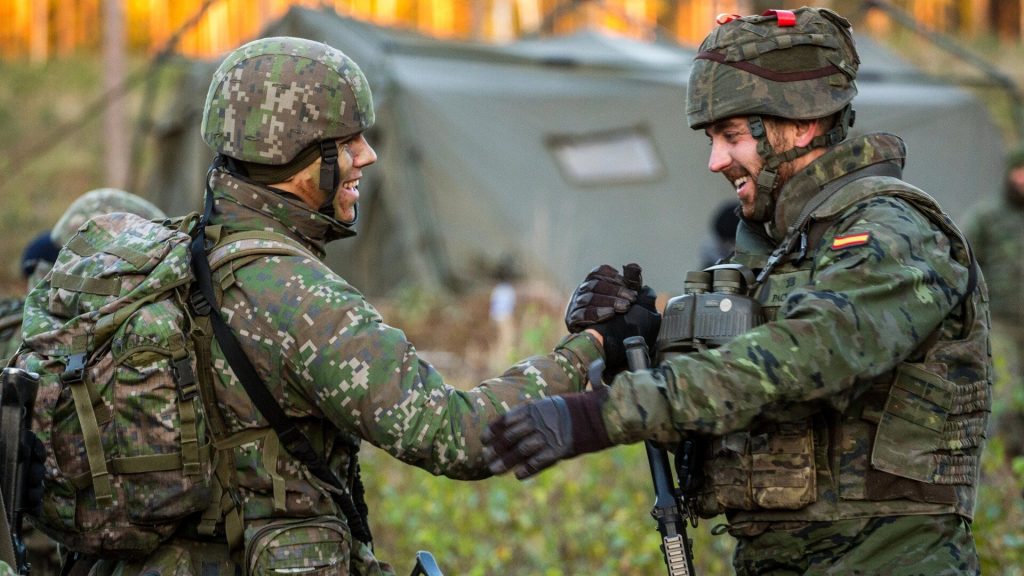
Slovakia is currently in discussions with the U.S. to acquire a Patriot surface-to-air missile defense system. However, the timeline for a potential agreement remains unclear. Bratislava is seeking a significant discount on the deal, hoping to repurpose a previously offered discount for the purchase of 12 Bell AH-1Z Viper helicopters, which never materialized.
Fico’s Return Complicates Slovakia’s Diplomatic Stance
The return of populist left-wing Prime Minister Robert Fico in September 2023 has put Slovakia in a diplomatically challenging position. Fico ran on a platform opposing the arming of Ukraine and favoring an immediate ceasefire that would leave Moscow in control of large portions of Ukrainian territory, similar to Hungarian Prime Minister Viktor Orban’s stance.
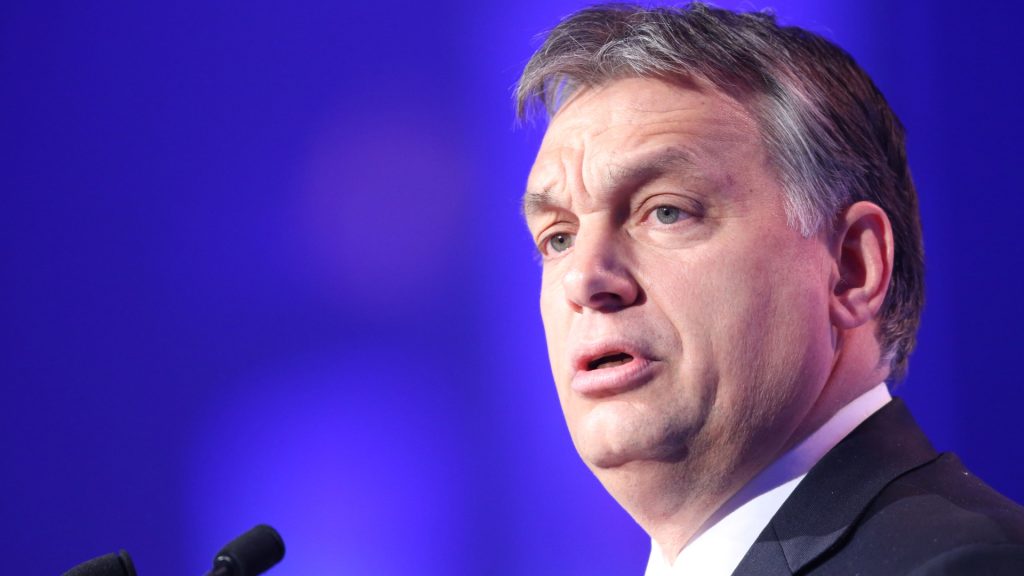
Under Fico’s leadership, Slovakia ended its active military support for Ukraine in October, much to the displeasure of EU and NATO allies. All previous Slovakian arms transfers to Ukraine had taken place under the preceding government. Fico’s stance has strained Slovakia’s relationships with its Western partners, who remain committed to supporting Ukraine’s defense efforts.
Fico Criticizes West’s Strategy in Ukraine Conflict
In his Facebook post criticizing the Italian withdrawal, Prime Minister Fico reiterated his belief that “the strategy of the West to use the war in Ukraine to weaken Russia economically, military and politically does not work.” This statement highlights the growing divide between Fico’s government and its EU and NATO allies regarding the ongoing conflict.
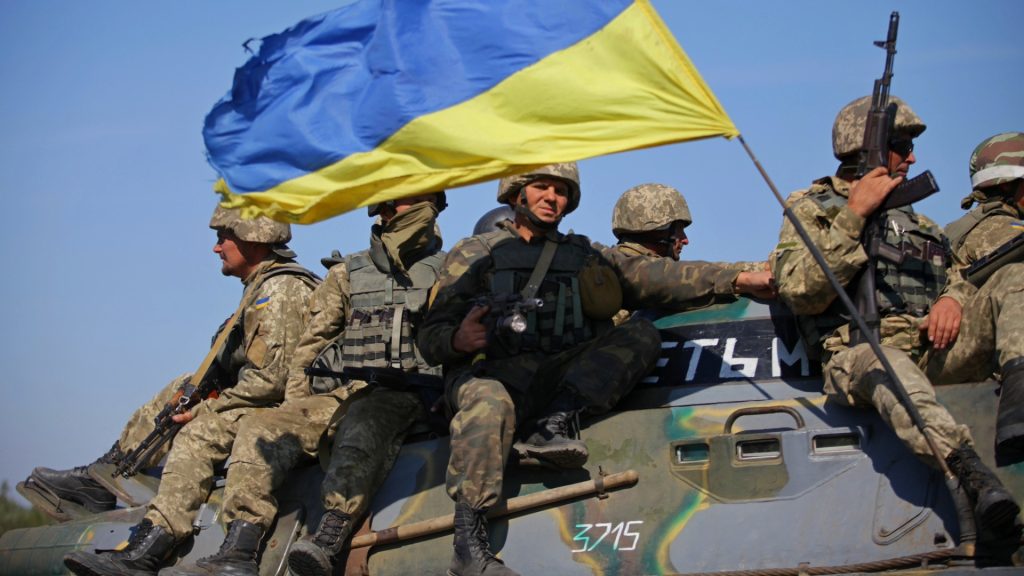
Fico also aimed at former British Prime Minister Boris Johnson, accusing him of dissuading Kyiv from engaging in peace talks with Russia in 2022. Johnson has previously dismissed these claims as “nonsense” and “Russian propaganda,” but Fico’s statements underscore the complex geopolitical landscape surrounding the Ukraine conflict and Slovakia’s position within it.
Slovakia’s Air-Defense Capabilities in Question
With the withdrawal of the SAMP/T system and the absence of its previously donated S-300 and MiG-29 fighter jets, Slovakia’s ability to defend its airspace and strategic assets is now in question. The nation finds itself in a vulnerable position, relying on the hope of acquiring a U.S. Patriot system at a discounted price.
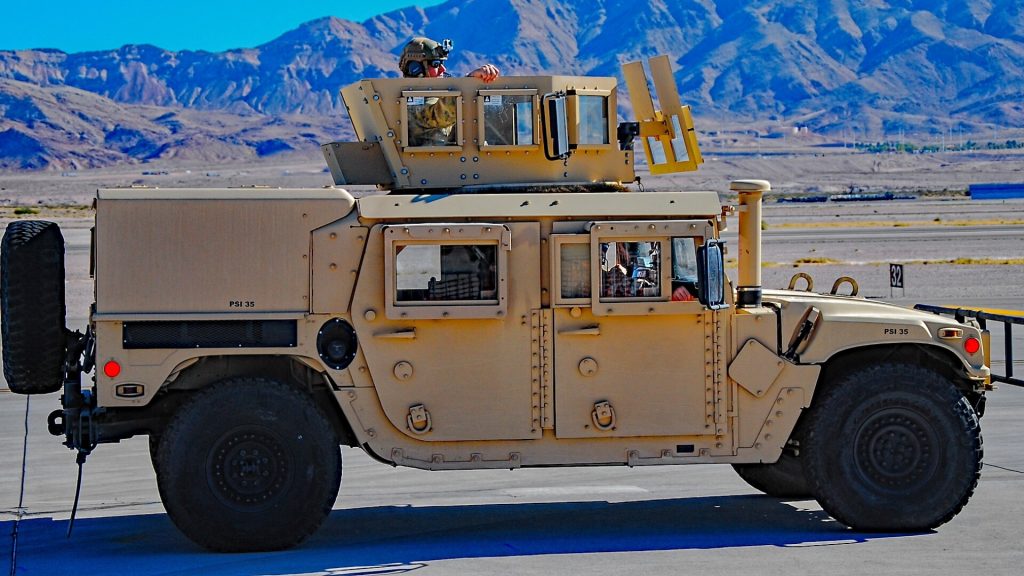
The situation has raised concerns among Slovakia’s citizens and opposition parties, who fear that the country’s security may be compromised due to Prime Minister Fico’s pro-Putin stance and the lack of adequate air defense capabilities. As the nation navigates this challenging period, it remains to be seen how Fico will address the growing unease among his constituents.
Fico’s Pro-Putin Stance Strains Slovakia’s EU-NATO Ties
Prime Minister Robert Fico’s sympathetic attitude towards Russian President Vladimir Putin has put Slovakia at odds with its EU and NATO allies. Fico’s opposition to arming Ukraine and his call for an immediate ceasefire that would favor Moscow have raised eyebrows among Western leaders who remain committed to supporting Ukraine’s territorial integrity and sovereignty.
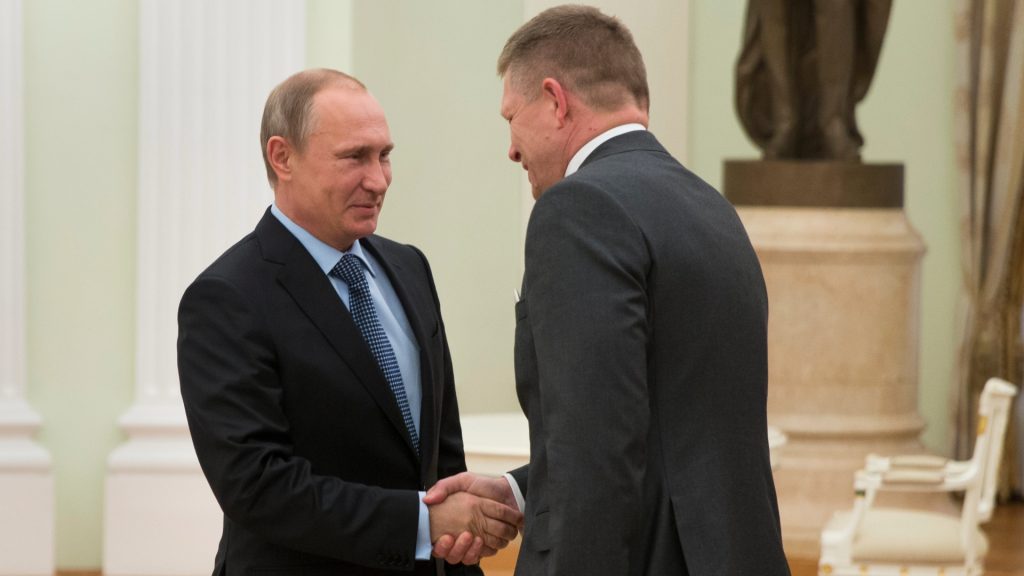
As Slovakia navigates the challenges posed by the withdrawal of the SAMP/T system and its lack of air-defense capabilities, Fico’s government must also contend with the growing pressure from its Western partners to align more closely with their stance on the Ukraine conflict. The nation finds itself in a delicate balancing act between its security concerns and its diplomatic obligations.
Slovakia’s Defense Minister Seeks U.S. Patriot System
Amidst the air defense crisis, Slovakian Defense Minister Robert Kalinak has been actively engaged in discussions with the United States to acquire a Patriot surface-to-air missile defense system. Kalinak hopes to secure a significant discount on the deal by repurposing a previously offered discount for the purchase of 12 Bell AH-1Z Viper helicopters.
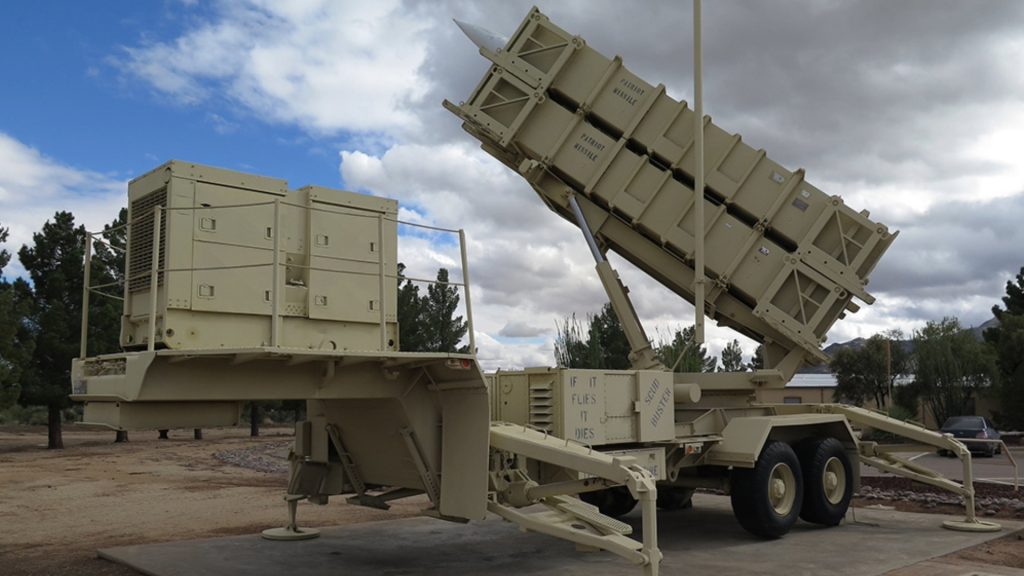
The acquisition of a Patriot system would provide a much-needed boost to Slovakia’s air-defense capabilities, helping to fill the void left by the withdrawal of the SAMP/T and the nation’s previous donations of its S-300 and MiG-29 assets to Ukraine. However, the timeline for a potential agreement remains uncertain, leaving Slovakia vulnerable in the interim.
Italy’s Decision Highlights Shifting Priorities in Ukraine Conflict
Italy’s choice to withdraw its SAMP/T system from Slovakia underscores the shifting priorities and challenges faced by nations supporting Ukraine in its ongoing conflict with Russia. As the war continues, countries must balance their own defense needs with their commitments to assisting Ukraine, leading to difficult decisions and potential gaps in air defense capabilities.

The situation in Slovakia serves as a reminder of the complex geopolitical landscape surrounding the Ukraine conflict and the delicate balance that nations must strike between their security concerns and their diplomatic obligations. As the international community continues to grapple with the consequences of the war, it remains to be seen how these shifting priorities will shape the future of the conflict.
Fico’s Criticism of Boris Johnson Highlights Divide on Ukraine
Prime Minister Robert Fico’s criticism of former British Prime Minister Boris Johnson for allegedly dissuading Kyiv from engaging in peace talks with Russia in 2022 underscores the deep divide among world leaders regarding the Ukraine conflict. While Johnson has dismissed these claims as “nonsense” and “Russian propaganda,” Fico’s statements reflect a growing sentiment among some leaders who favor a more conciliatory approach towards Moscow.

The differing perspectives on how to resolve the Ukraine conflict have strained international relationships and complicated efforts to present a united front against Russian aggression. As leaders like Fico continue to advocate for a more accommodating stance towards Moscow, it remains to be seen how this divide will impact the future course of the war and the international community’s response to it.
Slovakia’s Opposition Parties Criticize Fico’s Handling of Air-Defense Crisis
Slovakia’s opposition parties have been vocal in their criticism of Prime Minister Robert Fico’s handling of the air-defense crisis precipitated by Italy’s withdrawal of the SAMP/T system. They argue that Fico’s pro-Putin stance and his government’s decision to end active military support for Ukraine have left the nation vulnerable and isolated from its Western allies.
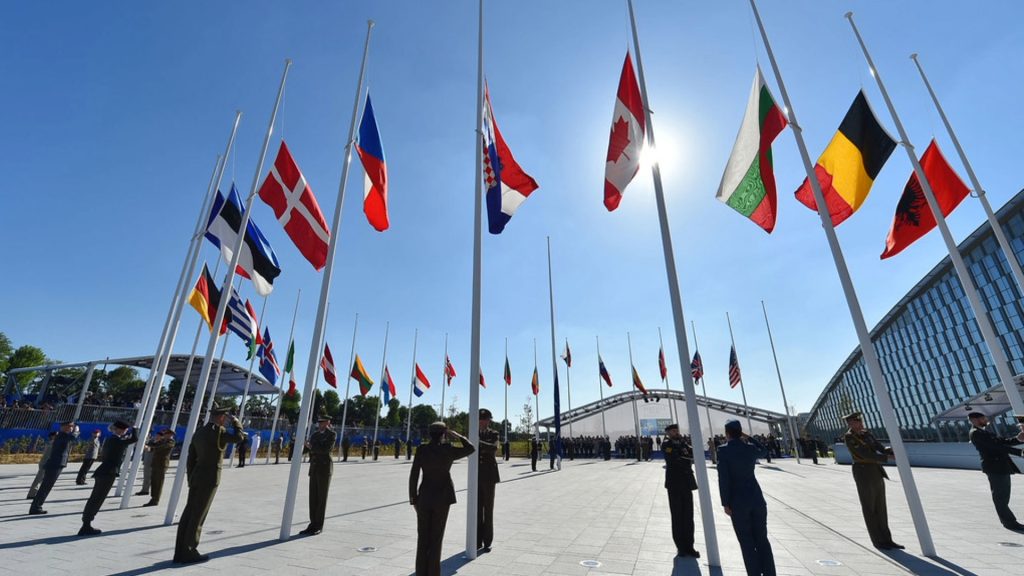
Opposition leaders have called for a more proactive approach to securing Slovakia’s air-defense capabilities and strengthening ties with EU and NATO partners. They have also demanded greater transparency from Fico’s government regarding the status of negotiations with the United States for the acquisition of a Patriot system and the timeline for bolstering the nation’s defense infrastructure.
Slovakian Citizens Express Concern Over Air-Defense Vulnerability
The withdrawal of the SAMP/T system and Slovakia’s lack of air-defense capabilities have sparked concern among the nation’s citizens. Many fear that their country’s security may be compromised due to Prime Minister Fico’s pro-Putin stance and the government’s apparent lack of urgency in addressing the defense gap left by the SAMP/T’s removal.
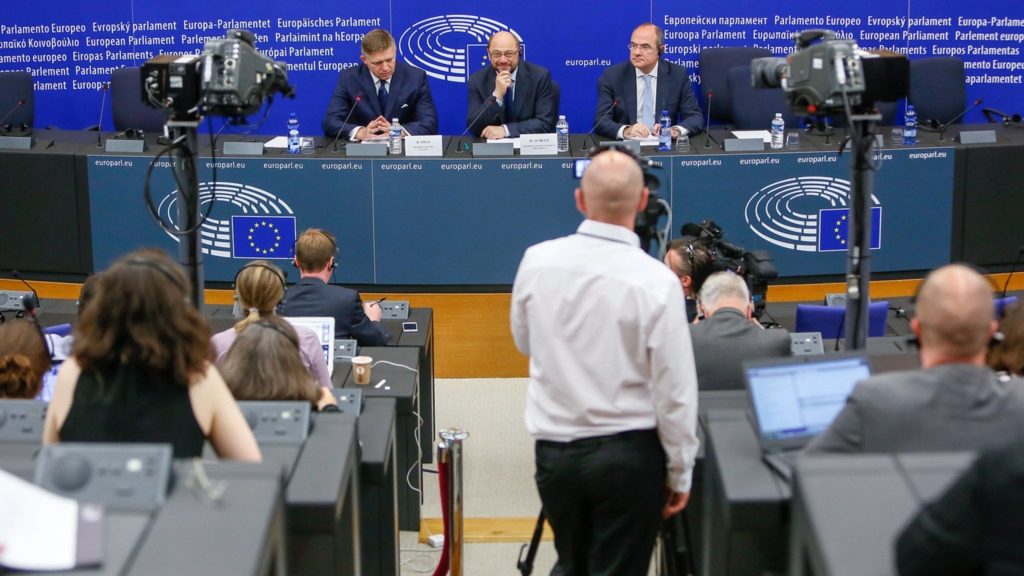
Citizens have taken to the streets to voice their concerns and demand action from Fico’s government. They have called for greater transparency regarding the efforts to secure alternative air defense systems and for a more decisive stance in support of Ukraine. As public pressure mounts, Fico will need to navigate the growing discontent while balancing Slovakia’s security needs and diplomatic challenges.
The Future of Slovakia’s Air-Defense and Diplomatic Landscape
As Slovakia grapples with the consequences of Italy’s withdrawal of the SAMP/T system and its lack of air-defense capabilities, the nation finds itself at a critical juncture. The future of its security and diplomatic relationships hangs in the balance, with Prime Minister Fico’s pro-Putin stance and the government’s handling of the crisis under intense scrutiny.
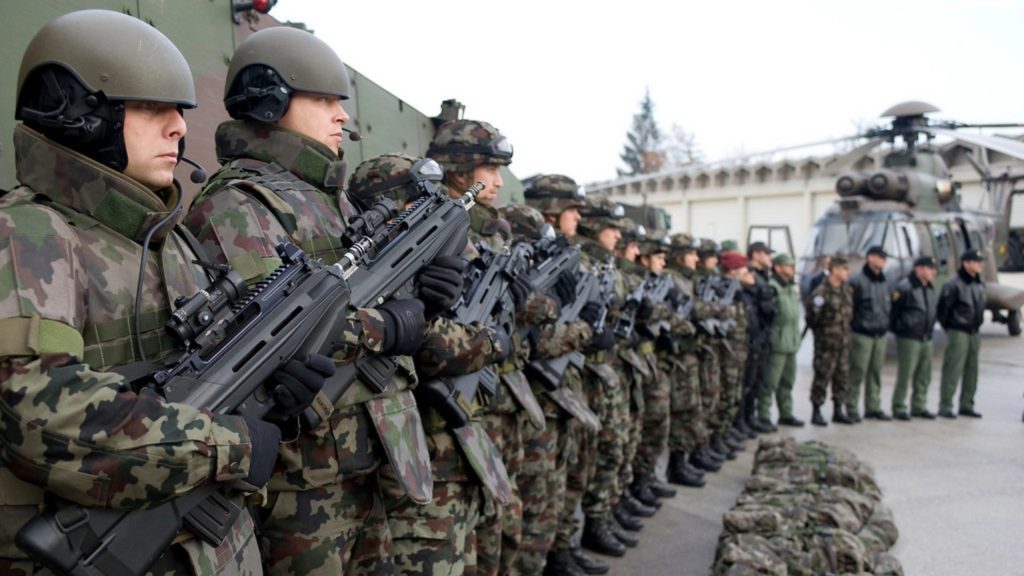
The coming weeks and months will be crucial for Slovakia as it seeks to address its air-defense vulnerabilities and navigate the complex geopolitical landscape surrounding the Ukraine conflict. The nation’s ability to secure alternative defense systems, strengthen ties with its Western allies, and strike a balance between its security concerns and diplomatic obligations will shape its future and its role in the ongoing crisis.
Slovakia at a Crossroads: Navigating Security and Diplomacy in Uncertain Times
The Italian withdrawal of the SAMP/T air defense system has exposed Slovakia’s vulnerabilities and thrown the nation into a state of uncertainty. As Prime Minister Robert Fico grapples with the consequences of his pro-Putin stance and the growing discontent among citizens and opposition parties, Slovakia finds itself at a critical juncture in its history.
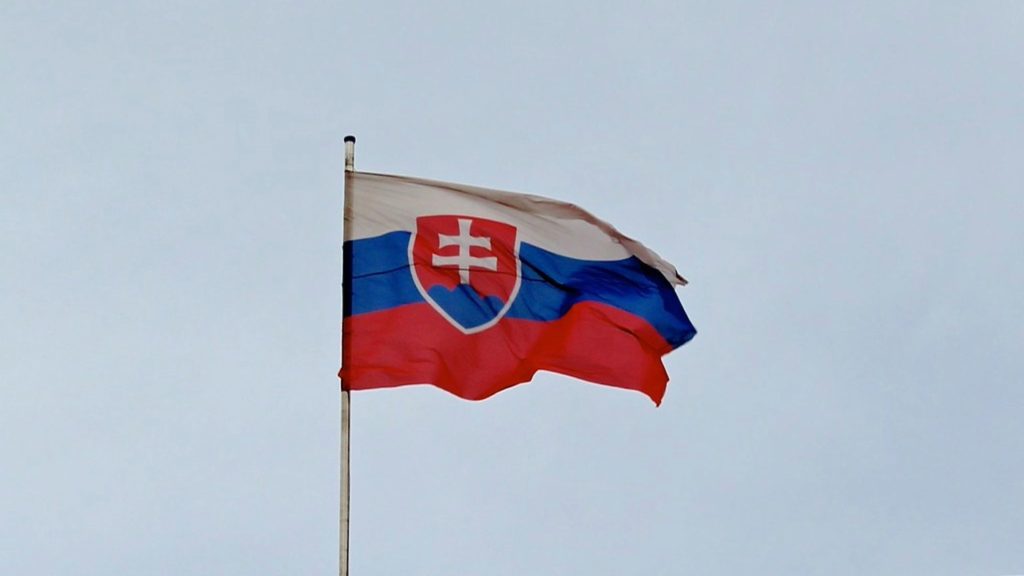
The path forward for Slovakia will require a delicate balancing act between securing its air-defense capabilities, strengthening its diplomatic ties, and navigating the complex geopolitical landscape of the Ukraine conflict. As the nation confronts these challenges, the world will be watching to see how Slovakia charts its course in these uncertain times and defines its role in the ongoing struggle for peace and stability in the region.

